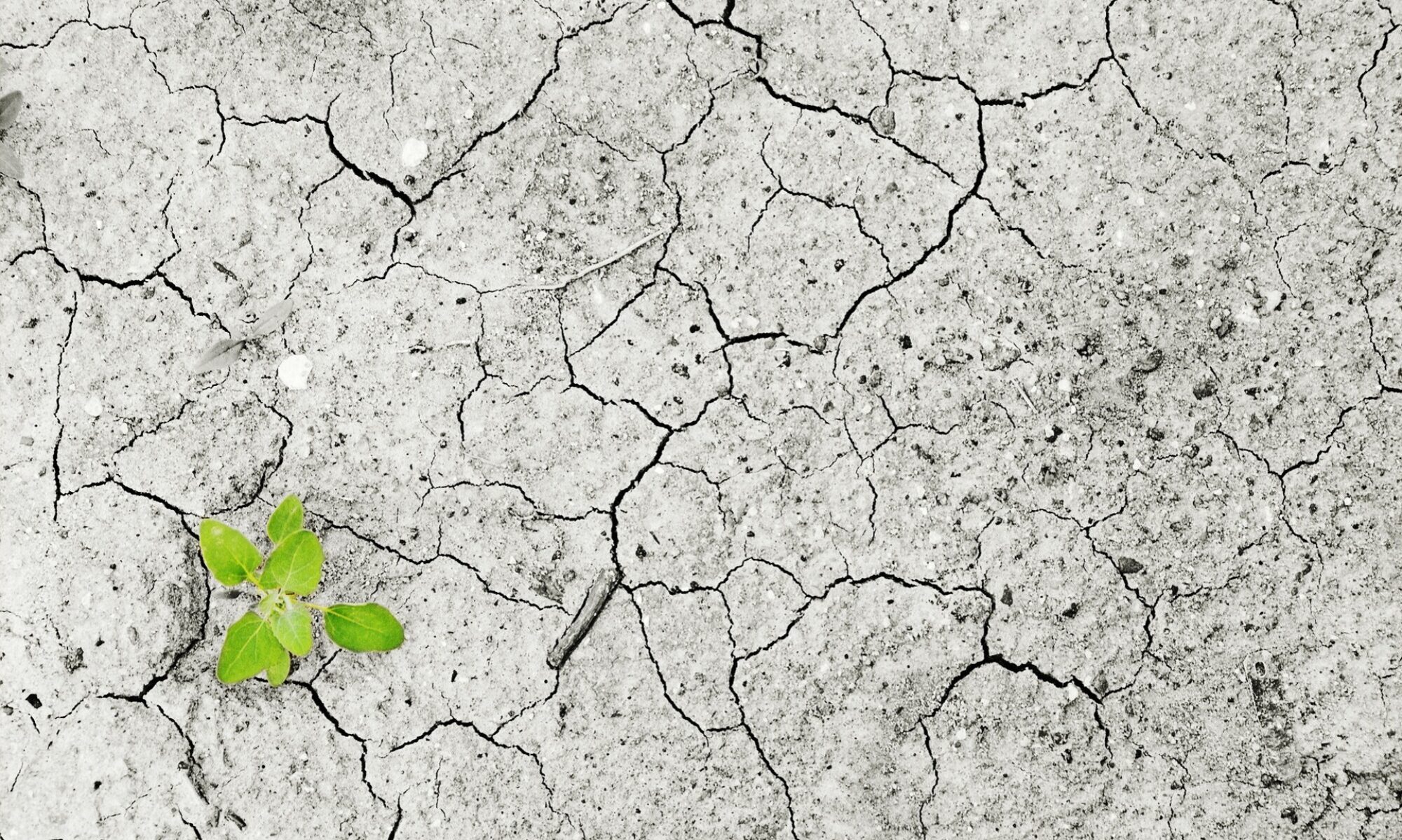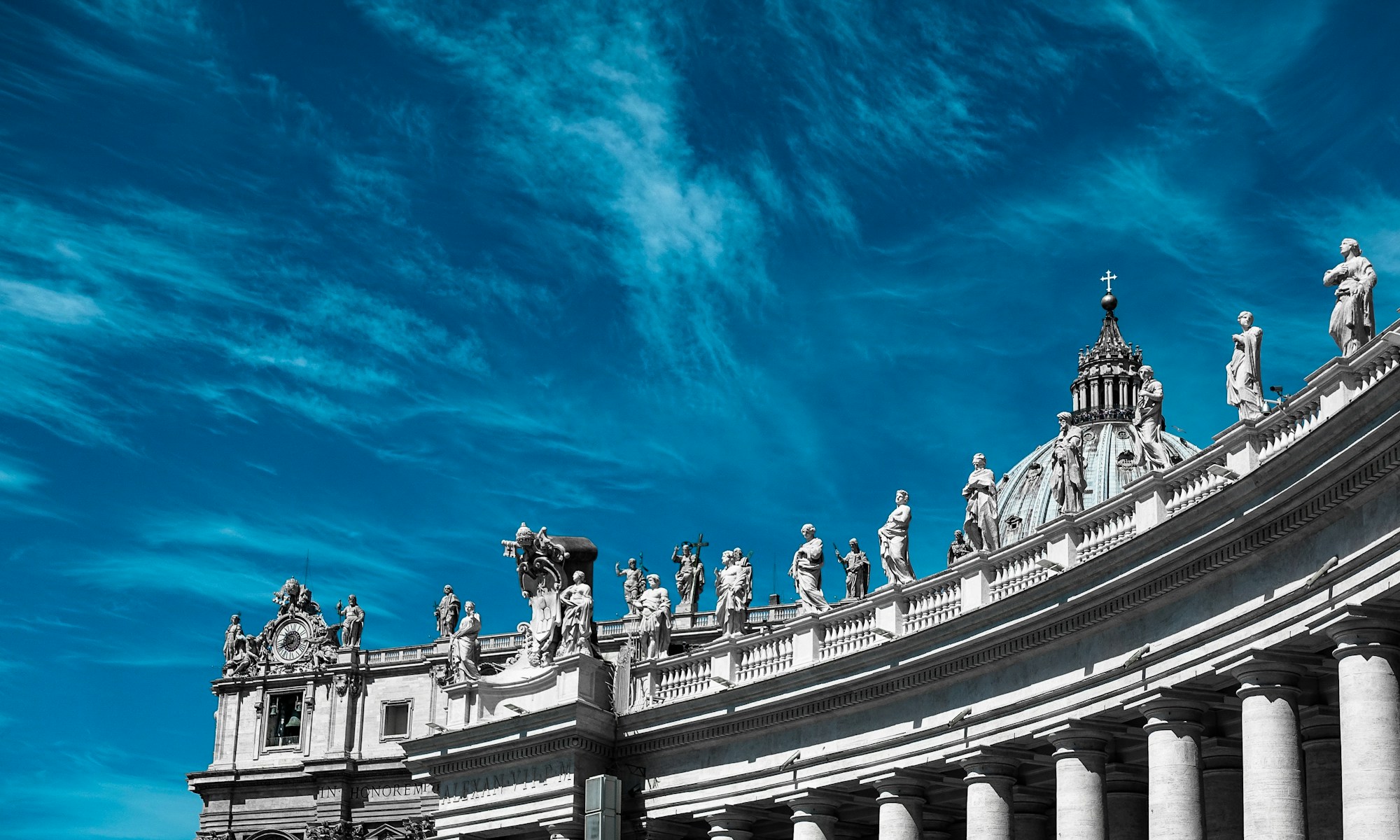20 April 2021 – by Flora Bensadon
“Those driven from their homes by the climate crisis need to be welcomed, protected, promoted and integrated”– Pope Francis
On March 30th, 2021 the Migrants and Refugees (M&R) Section and the Dicastery for Promoting Integral Human Development released a booklet entitled “Pastoral Orientations on Climate Displaced Persons” (POCDP). It provides guidelines on how the Church will respond to migration caused by climate change, promoting solidarity between individuals and urging the international community to care for this crisis through immediate action.
In the document’s preface, the Pope points out that displacement due to an uninhabitable environment might seem like a process of nature when it is in fact the result of “poor choices and destructive activity, selfishness and neglect.” The climate crisis we are now facing comes to no surprise as our environment has been decaying continuously since the start of the Industrial Revolution. While this crisis is a global one, the ones facing the most consequences are those who have contributed the least. Today, we witness the rapid acceleration of climate migration for which there needs to be immediate global responses.
“Come, let us talk this over. If you are ready to listen, we can still have a great future. But if you refuse to listen and to act, you will be devoured by the heat and the pollution, by droughts here and rising waters there” (cf. Isaiah 1:18-20) the Pope quotes. This message, although one of faith, strongly reflects how this crisis has been ignored by many players in the global community. It emphasizes the importance for those in power to listen and acknowledge the distressing position of climate migrants by taking necessary measures to mitigate its impact.
The POCDP begins with a general introduction on the climate crisis and how it plays a role in the displacement of many. It is then followed by nine steps that deal with the various aspects of climate migration. They are the following:
- Acknowledging the climate crisis and displacement nexus
- Promoting awareness and outreach
- Providing alternatives to displacement
- Preparing people for displacement
- Fostering inclusion and integration
- Exercising a positive influence on policy-making
- Extending pastoral care
- Cooperating in strategic planning and action
- Promoting professional training in integral ecology
- Fostering academic research of CCD (Climate Crisis and Displacement)
Local church leaders and congregations were asked to develop these guidelines, particularly those who witnessed first-hand climate-related incidents or displacement, such as archbishop Claudio Dalla Zuanna from Beira, Mozambique. In 2019, the city of Beira was critically hit by Cyclone Idai causing massive flooding, the destruction of 90 percent of its buildings and the displacement of hundreds of thousands of people. Having witnessed the emergency response to this natural disaster, the archbishop stated that it is not enough to solely resettle people. It is important to take additional measures by putting in place the conditions necessary to welcome climate migrants and to provide them with essential services.
Between 2008 and 2018, 253.7 million people were displaced by climate disasters. The document states that in the first half of 2020 only, 9.8 million people were displaced because of droughts, floods and other climate-related events. The number of climate migrants is still growing and is expected to reach 200 million by 2050. With those numbers in mind, the Vatican’s policy guidelines offer possible ways to raise awareness on climate migration and promote the importance of conversations between governments and policy makers. The M&R Section also encourages churches around the world to welcome displaced people, offer support and integrate them within their new society.
The POCDP is an important move towards a solution-based approach in the confrontation of the climate migration crisis. By calling for international help and action, the Catholic Church takes a stance in an important debate, which could bring positive changes to our current migration policies. While the primary message of this document relies on a message of faith, it extends a hand to climate migrants, making them feel seen and supported, a step most governments have not yet taken.

Flora Bensadon is an Earth Refuge Archivist with a degree in History and International Development Degree from McGill University. Through her studies, her culturally diverse background and her travels, Flora has taken a profound interest in the problems of migration, specifically those of climate refugees.
References
Migrants & Refugees Section, Dicastery for Promoting Integral Human Development. Pastoral Orientations on Climate Displaced Persons. Migrants & Refugees, 2021. https://migrants-refugees.va/2021/03/30/pastoral-orientations-on-climate-displaced-people/
Wells, Christopher. Church offers guidelines for response to climate migration. Vatican News, 2021. https://www.vaticannews.va/en/vatican-city/news/2021-03/church-pastoral-orientations-response-climate-displaced-people.html
Parson, Thea. Vatican Releases Guidelines to Address Climate Displacement. Climate Refugees, 2021. https://www.climate-refugees.org/spotlight/2021/4/9/vatican
Brown, Oli. Migration and Climate Change. IOM International Organization for Migration, 2008. https://olibrown.org/wp-content/uploads/2019/01/2008-Migration-and-Climate-Change-IOM.pdf
Wooden, Cindy. Vatican calls for action to assist victims displaced by climate change. Grandin Media, 2021. https://grandinmedia.ca/vatican-calls-for-action-to-assist-victims-displaced-by-climate-change/
Giangravé, Claire. Vatican makes moral case for supporting people displaced by climate change. Religion News Service, 2021. https://religionnews.com/2021/03/30/vatican-makes-moral-case-for-supporting-people-displaced-by-climate-change/



